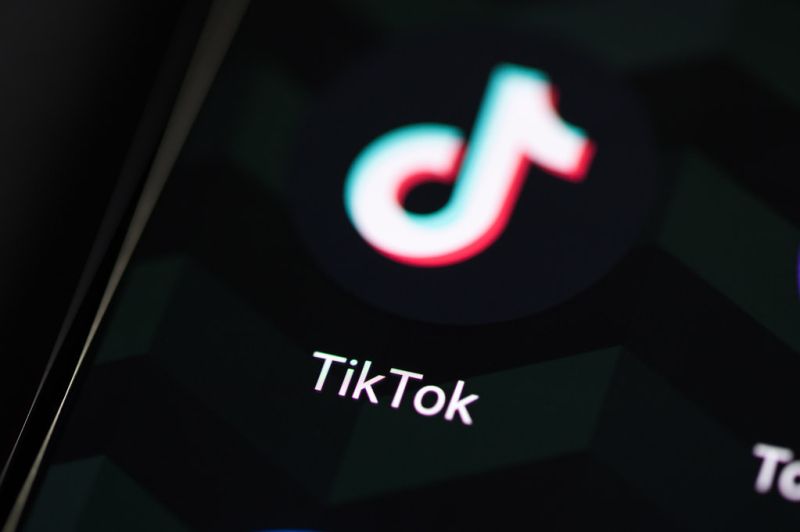The Future of TikTok in the United States: A Story of Controversy and Potential Change
- Grace Lee
- February 19, 2025

TikTok has swiftly become a cultural phenomenon in the United States, with an expansive user base that turns to the platform for entertainment, education, and connection. However, TikTok's journey in the U.S. has not been without its challenges. Concerns about the app's data security and its ownership by the Chinese company ByteDance have cast a shadow over its future. This article explores TikTok's complicated relationship with the U.S. government, its recent legal battles, and the key players interested in acquiring its operations.
The controversy surrounding TikTok gained momentum in August 2020 when the Trump administration issued an executive order to restrict transactions with ByteDance. This move raised alarms over potential national security threats linked to user data being accessible to the Chinese government. Trump’s administration pushed for TikTok's U.S. operations to be sold to an American company. Major corporations, including Microsoft, Oracle, and Walmart, emerged as potential buyers during this high-stakes period. Nevertheless, a judge temporarily halted the ban, allowing the platform to continue its activities while the legal proceedings took place.
As President Biden took office, the trajectory of TikTok's future shifted once more. The U.S. Congress passed legislation aimed at addressing concerns over the app. Despite the political shifts, the legislation ultimately sought to follow through on the mandate for TikTok to either find a buyer for its U.S. operations or confront a ban. President Biden signed this legislation into law, prompting TikTok to file a lawsuit against the government, arguing it infringed upon users' First Amendment rights. TikTok has consistently stated that its operations in the U.S. adhere to local data protection laws and do not pose a security threat.
In recent developments, the U.S. Supreme Court upheld strict regulations on applications like TikTok, culminating in the app's temporary shutdown before it was quickly revived. Amid public interest and speculation, the Trump administration issued an executive order granting TikTok a 75-day reprieve to explore potential ownership changes. With this extension, discussions have intensified as ByteDance aims to secure a deal that might involve a partnership with an American corporation.
TikTok's path in the United States remains fraught with uncertainty as the legal landscape and ownership debates continue to evolve. The platform's substantial user base and cultural significance in social media underscore the importance of how these issues are resolved.
As potential buyers circle TikTok's U.S. operations, the outcome could set a precedent for how international digital corporations are handled within American borders. TikTok's story serves as a critical case study in balancing innovation, user rights, and national security concerns, and the next few months could determine its lasting impact in the U.S. digital arena.















